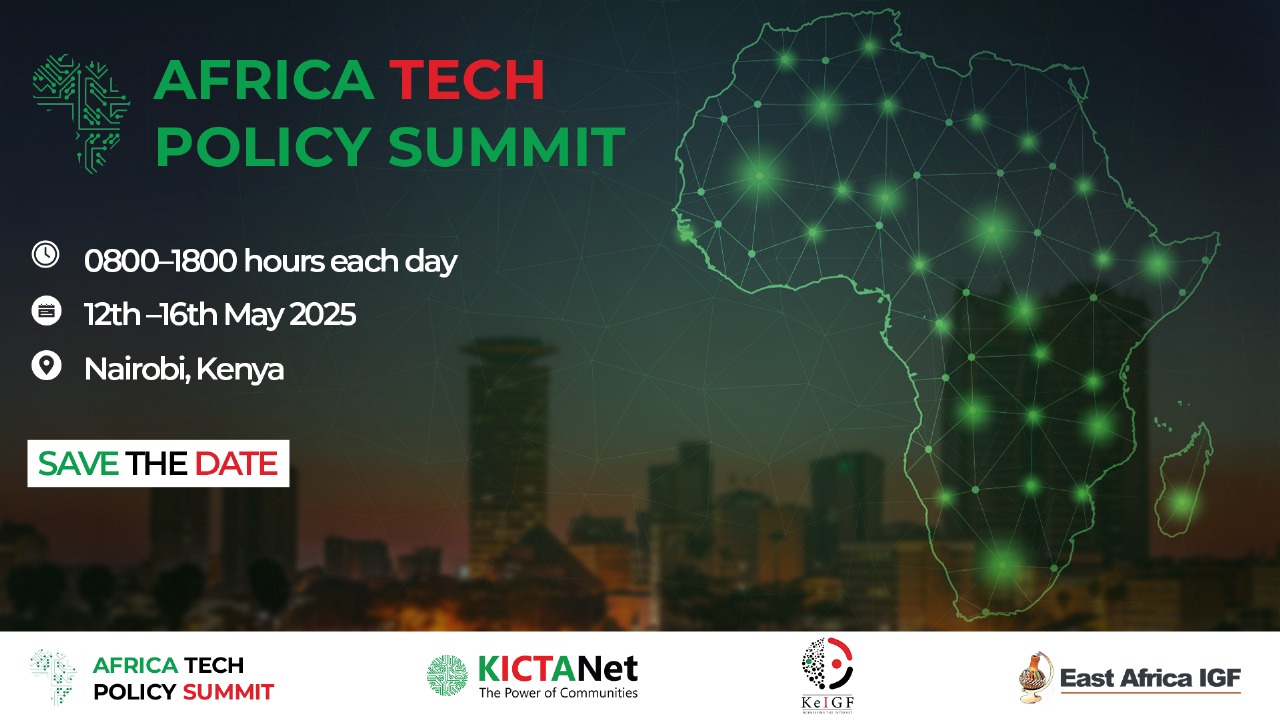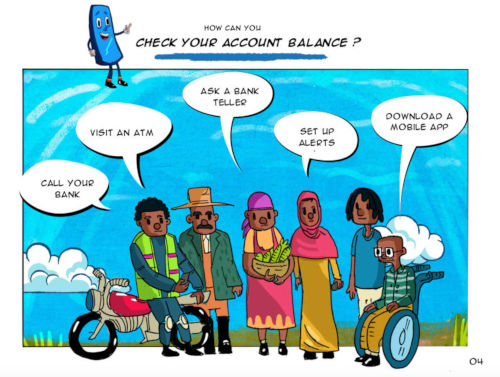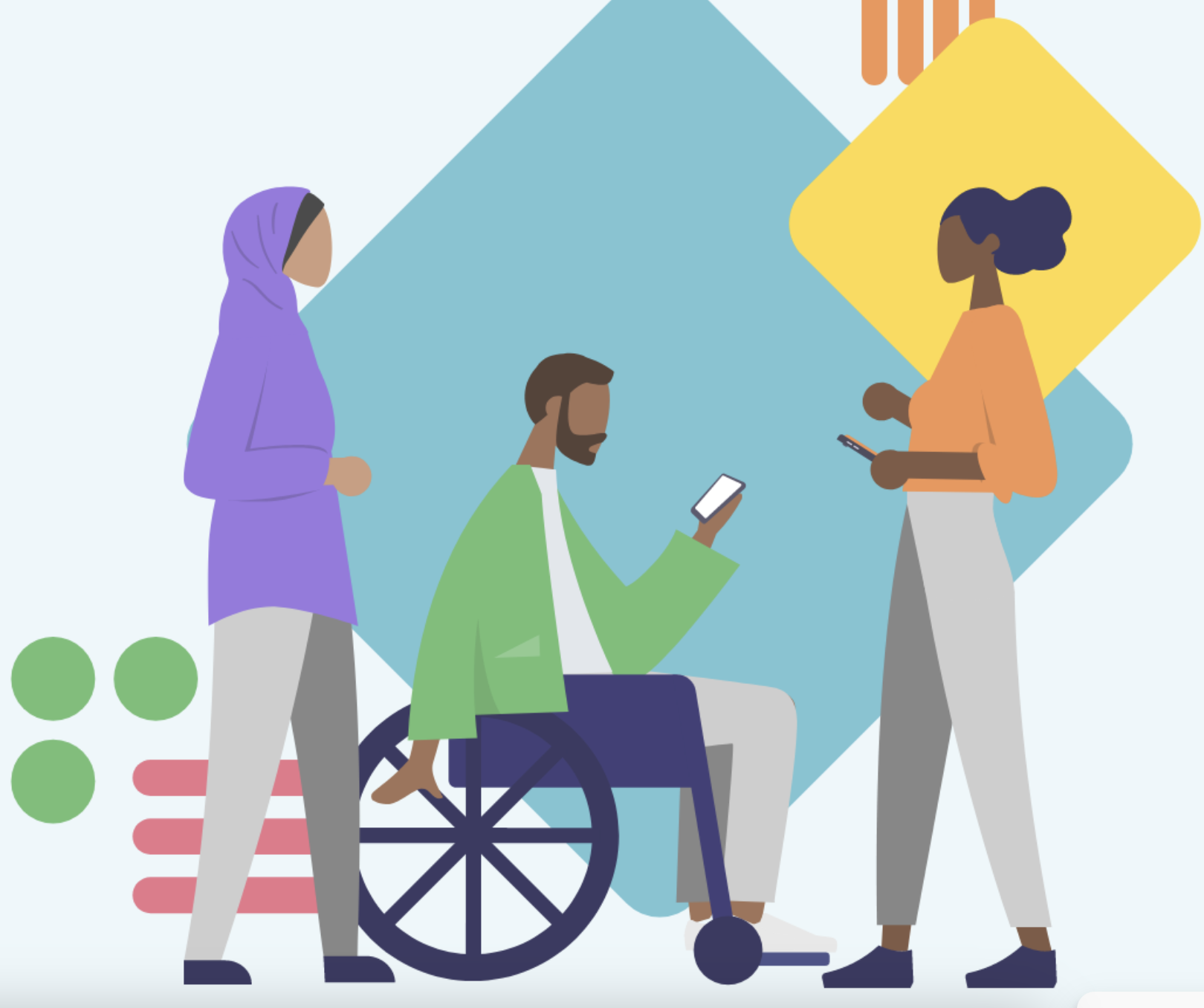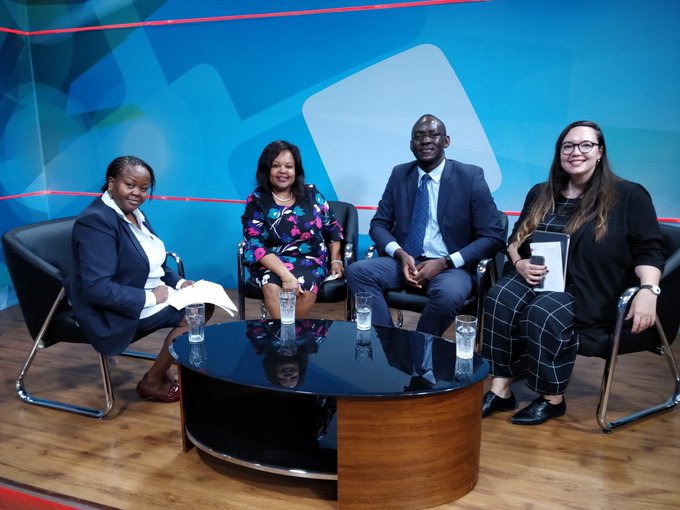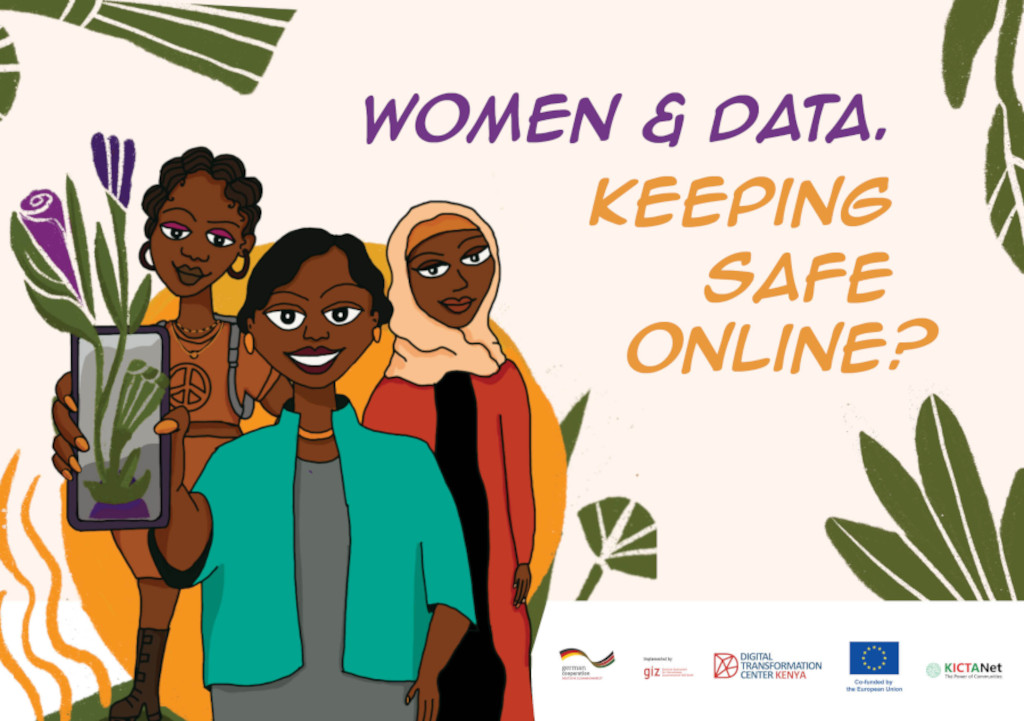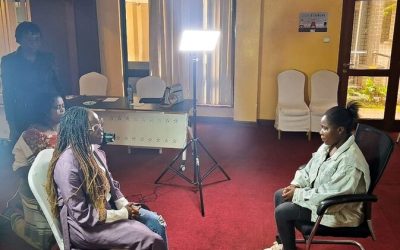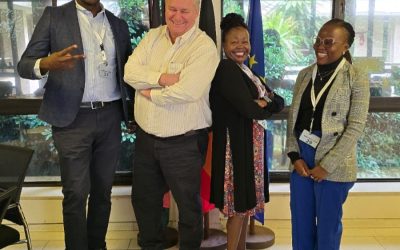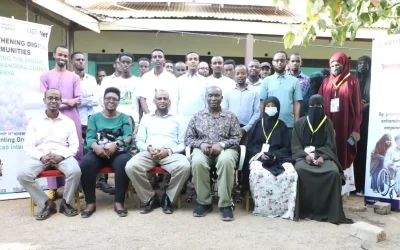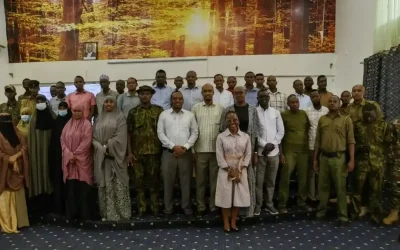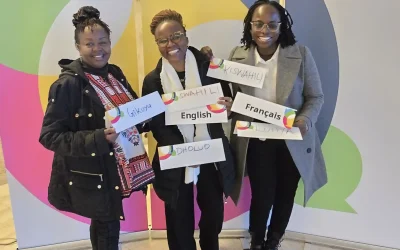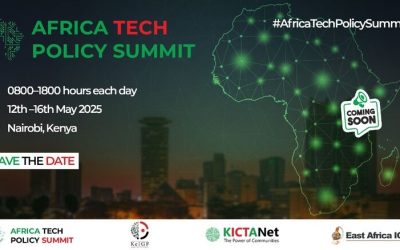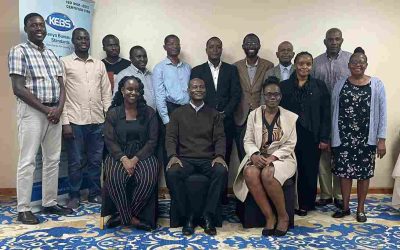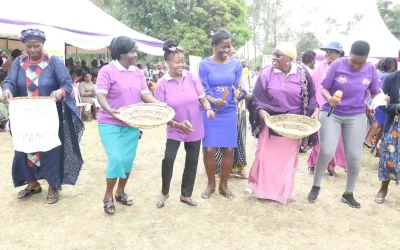Shedding Light on the Unseen Impact of Technology-Facilitated Gender-Based Violence.
By Neema Mujesia, Today, KICTANet, in partnership with the British High Commission through the Digital Accessibility Program (DAP), embarked on a groundbreaking initiative—recording a documentary on the impact of Technology-Facilitated Gender-Based Violence (TFGBV) on...
Safeguarding Kenya’s Digital Future: KICTANet’s Journey with the ODPC.
By Neema Mujesia, Today, our CEO, Dr. Grace Githaiga, participated in a crucial interview reflecting on KICTANet’s ongoing relationship with the Office of the Data Protection Commissioner (ODPC). The discussion highlighted our contributions to data protection in Kenya...
A Diplomatic Connection and Ambassador Maddens’ Saint Mary’s School Roots.
By Cherie Oyier, KICTANet had a productive meeting with the Belgium Ambassador to Kenya H.E. Peter Maddens on 19th March 2025. KICTANet’s key agenda was to discuss key digital rights challenges that have arisen in Kenya since its last human rights records review by...
How SDC Project is Bridging the Digital Divide in Mandera
The "Strengthening Digital Communities" (SDC) project in Mandera County is a focused effort to bridge the digital divide and empower residents through enhanced digital literacy and access. Led by KICTANet, and funded by the UK Government’s Digital Access Programme...
Mandera to Busia: Addressing TFGBV and Mental Health in Digital Spaces
Explore the crucial link between technology-facilitated gender-based violence (TFGBV) and mental health in Kenya. Learn about the challenges faced in Mandera and Busia, and the steps being taken to create safer digital spaces.
![]()
Kenya’s Dynamic Linguistic Tapestry: Local Languages as Drivers of TFBGV
Explore KICTANet’s work at the UN, addressing technology-facilitated gender-based violence (TFGBV) in Kenyan languages. Learn how they’re creating lexicons to combat online harassment and promote digital safety for all.
![]()
KICTANet to Host Inaugural Africa Tech Policy Summit in Nairobi
By David Indeje and Neema Mujesia, KICTANet is announcing the inaugural Africa Tech Policy Summit (AfTPS), a landmark event set to take place in Nairobi, Kenya, from May 12 – 16, 2025. This summit will convene policymakers, private sector leaders, academia, civil...
Strengthening Kenya’s AI Ecosystem: Validation of DKS 3007 Code of Practice for Artificial Intelligence
By Dr. George Musumba As AI technology continues to rapidly transform sectors such as healthcare, agriculture, education, and governance, it becomes imperative for nations to build ethical frameworks that guide its development. In Kenya, the growing demand for AI...
Women’s Rights: Busia Celebrates IWD, Accelerates Action
Busia County joined hands with KICTANet to commemorate International Women’s Day (IWD) 2025, marking 30 years since the Beijing Declaration, under the theme “Accelerate Action.” The event focused on addressing digital rights, combating online violence, and bridging...
KICTANet’s mission is to promote an enabling environment in the ICT sector that is robust, open, accessible, and rights-based through multistakeholder approaches.
During the 2022 – 2024 strategic period, KICTANet has prioritised the promotion of effective multistakeholder participation; an enabling legal, policy and regulatory environment; building capacities and empowered communities; and institutional strengthening. KICTANet’s guiding philosophy encourages synergies in ICT policy-related activities and initiatives. As such, the network provides mechanisms and a framework for continuing cooperation, engagement and collaboration in ICT matters among industry, technical community, academia, media, development partners, civil society and government.
_____
Strategic Priority.
- Convening power. To strengthen and promote engagement, collaboration and relationships with relevant stakeholders (state, business and non-state actors).
- Promoting an enabling environment. To catalyse policy, legislative and regulatory reforms in the ICT sector.
- Building capacities and empowered communities. To build the capacity of the stakeholders across government, business society and civil society and the citizens.
- Institutional strengthening.
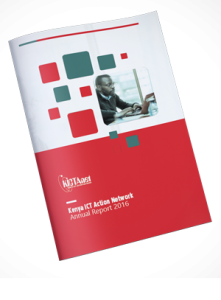
The report outlines the work undertaken in between 2007 and 2016 which is underpinned by crowd sourcing and community engagement
Click here to download the report

